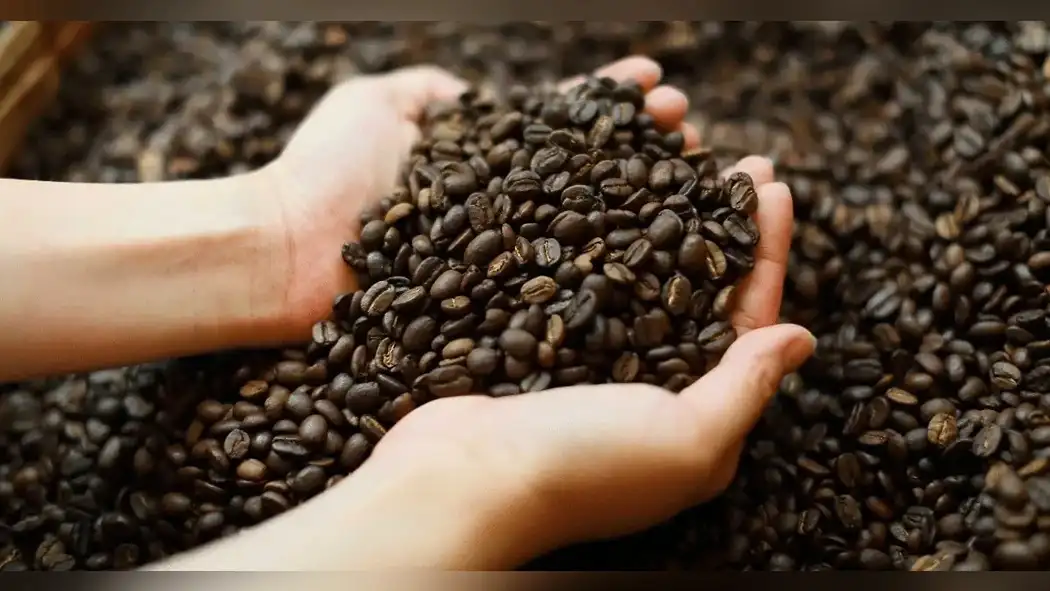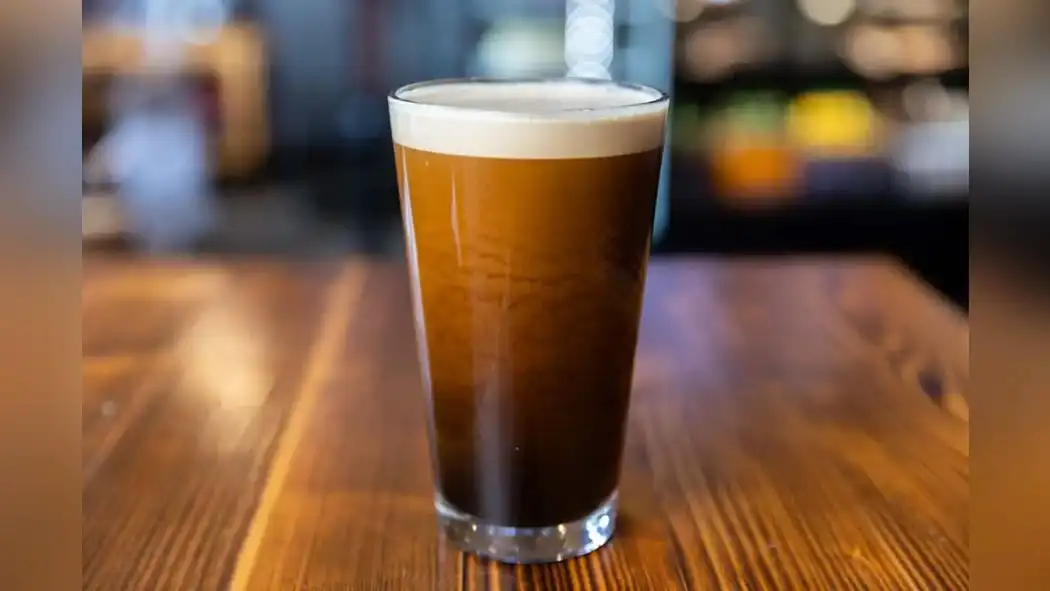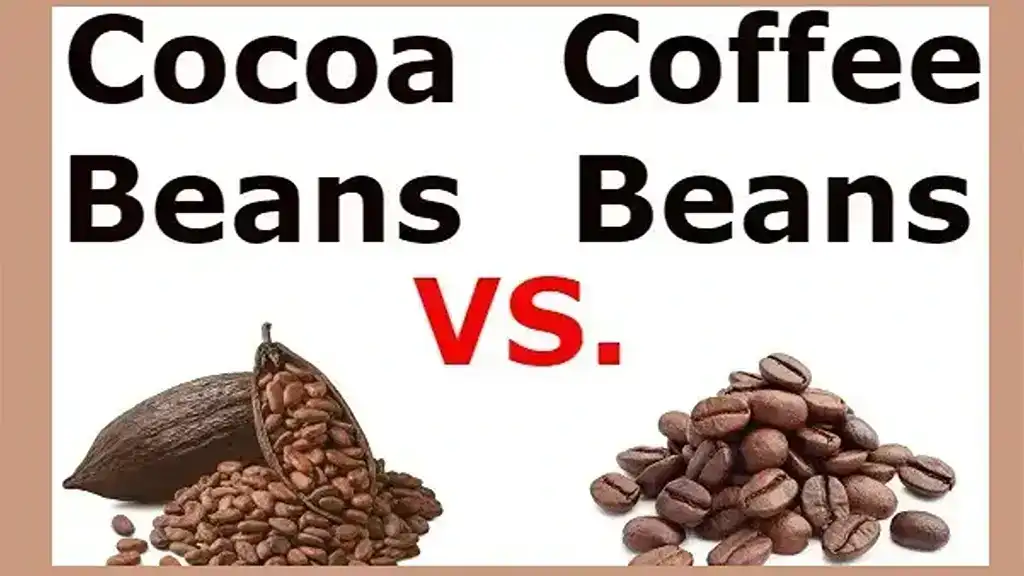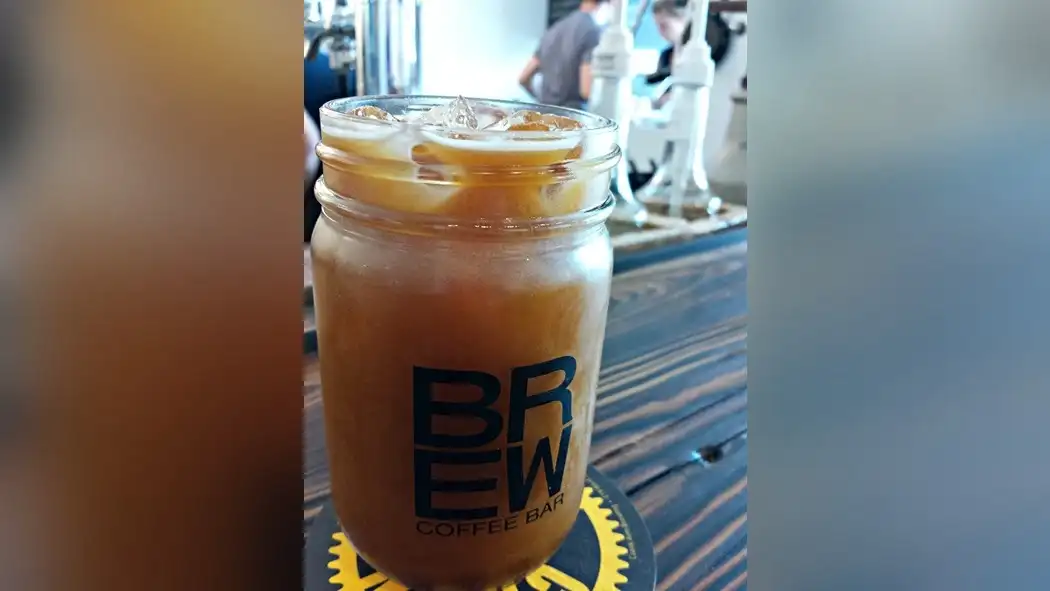Eating Coffee Beans Has Been Around Since Ancient Times
Maybe you recently saw someone eating coffee beans. It is very common lately. Some roast coffee beans, dip them in chocolate, and then eat them. You may find someone who eats it directly green. Some use this method to get caffeine quickly and strangely at the same time.
Before the emergence of the coffee drink, the ancients used to eat coffee beans by combining them with some animal fats. The reason for this is that they know that it gives energy quickly. After that, man knew how to make a coffee drink by roasting and grinding coffee beans and then adding water to them.
It is clear to us that raw coffee beans are very safe to eat directly without grinding them and adding water to them. It is preferable to roast the coffee beans and then add chocolate to them.
The same nutrients found in coffee beans are also found in coffee drinks. But the nutrients in the coffee drink are less concentrated. The coffee drink is diluted with water, so you will only get a portion of the elements in the coffee bean.
It Is Safe To Eat Green Coffee Beans
You can eat green coffee beans as well as roasted coffee beans. But green coffee beans will be more harsh and bitter. It will surely be a bitter experience for your teeth to grind green coffee beans. Also, unroasted coffee beans have a more acidic taste than roasted coffee beans. As for roasted coffee beans, they are softer, more flexible, and more easily crushed with your teeth.
Chomping on coffee beans isn’t just a modern fad; it’s an age-old practice. But did you know the oils in these beans play a pivotal role in their appeal? Dive into the Health Impacts of Oily Coffee Guide and discover the wonders of these tiny powerhouses.
Eating Coffee Is Not Much Different From Drinking Coffee
Unfortunately, there is still no clear study on the effects of consuming coffee beans directly. While there are many studies on drinking coffee with water added, which has many benefits. Among the benefits of drinking coffee is that it reduces the risk of exposure to type 2 diabetes, some liver diseases, heart disease, stroke, some types of cancer, and brain disorders such as Alzheimer’s, depression and Parkinson’s disease.
There is a strong belief that green coffee beans provide more benefits and properties when consumed directly. This is because roasting coffee beans leads to a significant deficiency of chlorogenic acid. This acid is an important source of anti-inflammatory, and there are recent studies that it has properties to fight some cancers.
It is known that eating coffee beans helps the body absorb caffeine faster than a liquid coffee drink.
Eating Coffee Beans In Large Quantities Causes Health Problems
Coffee beans that are not roasted or ground are characterized by the fact that they contain higher amounts of caffeine. Providing the body with large amounts of caffeine will undoubtedly be harmful. Eating large amounts of coffee beans causes the same health problems as consuming large amounts of coffee drinks.
It is always recommended to drink coffee or eat coffee beans in moderate quantities. Consuming a large amount of coffee causes a number of known negative effects, including:
- Increased symptoms of anxiety. Like tension and palpitations.
- Withdrawal symptoms appear. Like fatigue and headache.
- Exposure to pregnancy problems.
- difficulty sleeping
- Stomach burn.
- stomach upset
Some Reasons Why Some People Prefer To Eat Coffee Beans Instead Of Drinking Them
In the past, people used to eat coffee beans because coffee beans can be stored for a long time. It was a great meal when traveling or when away from populated areas. Nowadays, it is mostly because eating coffee beans instead of drinking them helps to get caffeine faster and in more quantity. Some people think that coffee beans are as delicious as sweets. Some people like to have roasted coffee beans as a snack. Just as coffee is delicious when you drink it, it is also delicious when you eat it.
Undoubtedly, most people now prefer to drink coffee. But with the development of the coffee industry significantly, we find that roasted coffee beans have a very distinctive flavour. It’s covered in well-loved and popular flavors like hazelnut, caramel, chocolate, vanilla, pumpkin, and cream. Many companies now offer edible roasted coffee beans as snacks.
Best Roasting Degree For Edible Coffee Beans
A medium roast is the best degree if you want to eat coffee beans. The light roasting degree in which the coffee beans contain some herbal taste and some acidity. In this case, you have to add a lot of chocolate, for example, to make the taste better.
A darker roast is more crunchy and more bitter. Therefore, it is necessary to add a lot of cream, for example, to make the taste more palatable.
A medium roast is best because the coffee bean is soft enough and crunchy enough. And its taste is also acceptable so that you do not need to add a lot of cream or chocolate.
The Difference Between Drinking Coffee And Eating Coffee Beans:
The body benefits more when eating coffee beans, because you will take full advantage of the nutritional components inside the coffee bean. That is, you will get more caffeine and more antioxidants than in a coffee drink. In a coffee drink, the nutrients in it will be much less than a whole coffee bean.
When exposing the coffee bean to the process of roasting and grinding, it will lose many of its nutritional components. Not to mention soaking it in water, which leads to the extraction of a smaller amount of the components of the coffee bean.
There Are No Decaffeinated Coffee Beans Sold In Commercial Quantities
You can get your own decaffeinated edible coffee beans. This is done by exposing the green coffee bean to water and steam for a period of time in order to extract the amount of caffeine in it. Next he assembled dried decaffeinated pills. When roasted, you will get edible coffee beans, but unfortunately, its taste will be less attractive due to exposure to drenching and steam. So far this process has not been successful commercially.
The Maximum Amount Of Raw Coffee Beans You Can Eat Per Day
The amount of caffeine contained in a raw Arabica coffee is approximately 6 mg, while a Robusta coffee contains about 12 mg. You can safely eat up to 35 unroasted coffee beans per day. But it is not recommended to take it in one meal. Rather, you should divide it into several meals, from three to four meals. Every ten beans of raw coffee equals approximately one cup of liquid coffee.
Keep in mind that chocolate-covered coffee beans contain more caffeine. The amount of caffeine in the chocolate covering the coffee bean is approximately 10 mg. It is an amount almost equal to the amount of caffeine in a coffee bean. Therefore, the amount of chocolate-covered coffee beans that you can safely eat should not exceed approximately 18 chocolate-covered coffee beans per day.
Benefits Of Eating Coffee Beans
There are several benefits of eating raw coffee beans, especially roasted ones, and they are almost the same benefits that we get from liquid coffee. These benefits you will get when you eat them in reasonable quantities.
- Helps quickly change the smell of the mouth.
- Fights Alzheimer’s disease.
- Effective against Parkinson’s disease.
- increased activity.
- Improves alert.
- Relieves migraine headaches.
- Diuretic and laxative for the digestive system.
- Get adequate amounts of antioxidants.
- Raw roasted coffee beans are calorie-free.
- Fights heart disease.
Explore the full range of natural beauty: coffee bean unconventional uses and gardening innovations achieved through coffee bean inspiration.
Avoid Eating Raw Coffee Beans In These Cases
Despite the many benefits of coffee in general, it should be avoided in certain cases, whether raw coffee beans or liquid coffee:
- Having heart disease.
- Infection with stomach acid.
- Eat or drink coffee on an empty stomach.
- Eating or drinking coffee in large quantities.
- Your exposure to sleep disturbances.
- When coffee beans are bad.
To learn more about the potential risks and considerations of consuming coffee, as well as how to prevent staleness and prolong the quality of your beans, you can check out our detailed article on Prevent Staleness: Does Coffee Go Bad?









